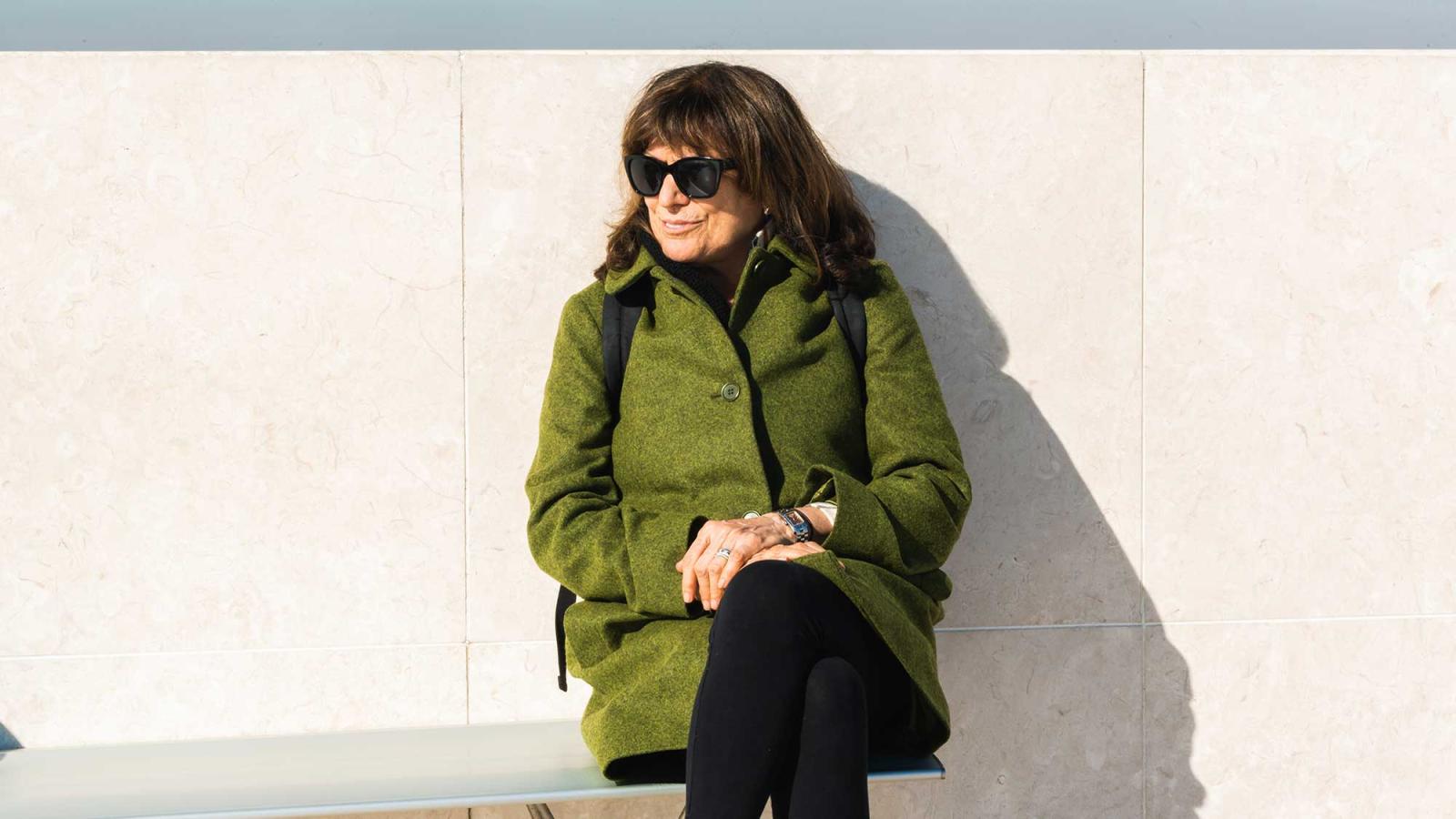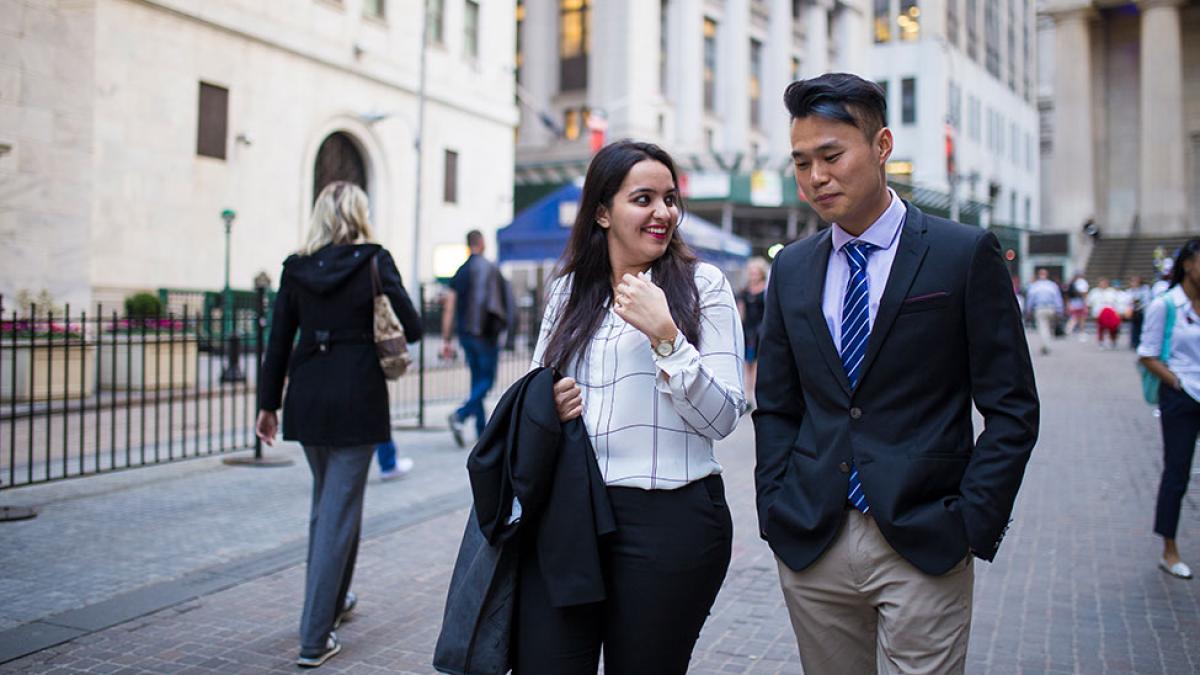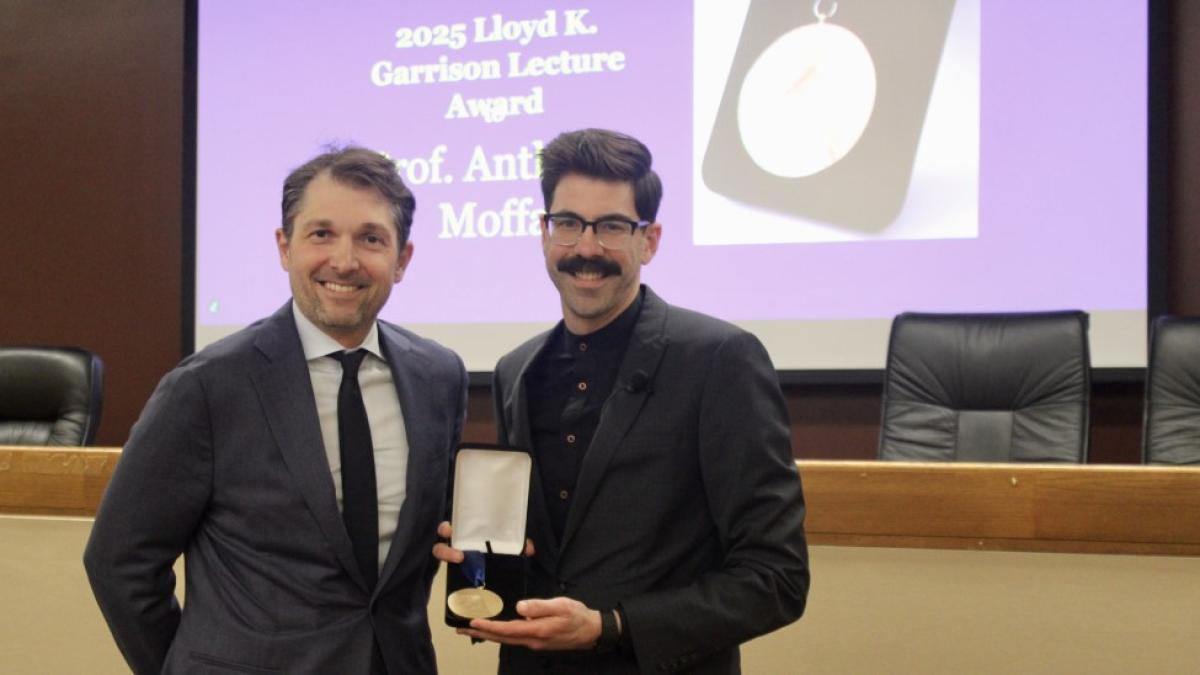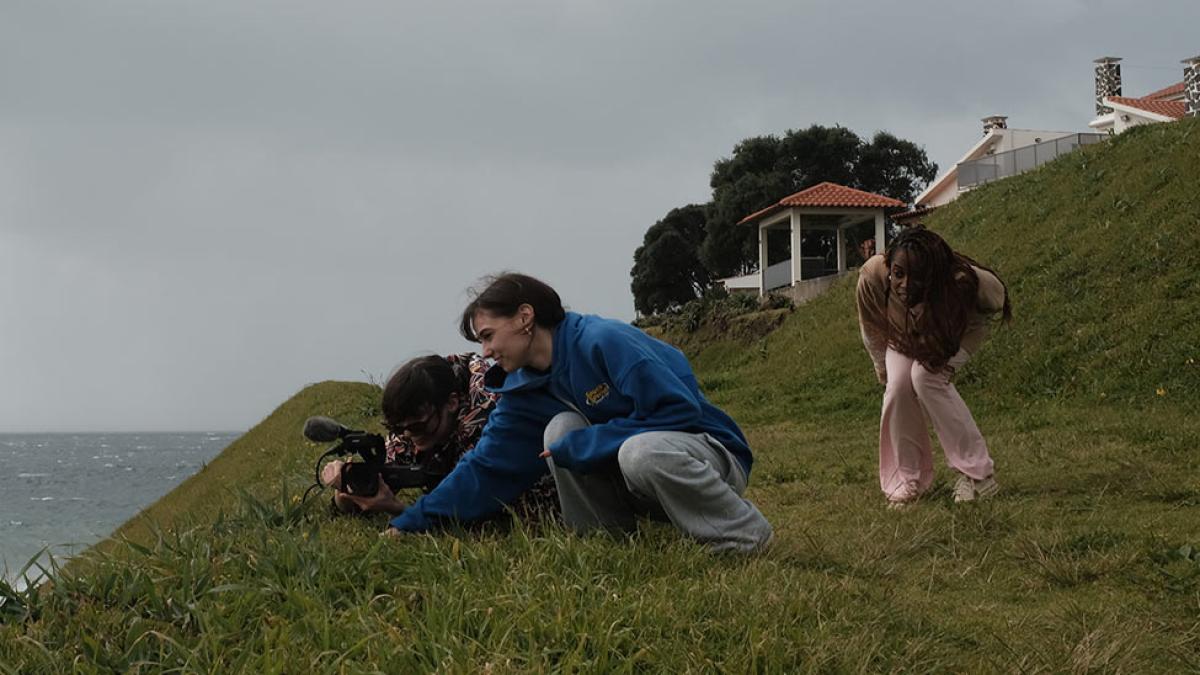This guide highlights top business master’s degrees, each designed to provide the skills and knowledge that employers value most. Whether you’re a recent graduate or an experienced professional, these programs can open doors to influential roles and provide a pathway to long-term career growth.
Faculty Focus: Lissa Griffin

Professor Lissa Griffin has been a faculty member at the Elisabeth Haub School of Law at Pace University for 37 years and remains a fixture at the School. In 1985, Professor Griffin started working at what was then called “Pace Law” and today, she remains fully committed to the law school community. She teaches Professional Responsibility, Criminal Procedure – Adjudication, Comparative Criminal Procedure, and Evidence and is recognized for her scholarship in criminal procedure and comparative criminal procedure. She is also a visiting professor at Birmingham City University School of Law in Birmingham, UK. Learn more about Professor Griffin’s background, travels, scholarly work and more in the Q+A below.
What is your recent work in and out of academia?
Last year I was able to travel to Malaga, Spain as a Fulbright Scholar. I co-taught a course with two Spanish law professors called Fundamental Rights in the Criminal Process, which is much like our criminal procedure courses in the United States. I also participated in three conferences and presented weekly workshops to UMA’s PhD students. Teaching in a different country helped me reflect on my US classroom and was unbelievably rewarding. In addition, having been able to confer with Spanish criminal procedure scholars, practitioners, and prosecutors allowed me to see a completely new legal system unlike ours here in the United States.
Can you tell me more about your Fulbright Scholar experience?
When I originally applied to go to Spain, the coronavirus was at its peak and Spain was in particularly bad trouble. I knew Spain was one of the worst places to travel at the time, but I still took the risk and it paid off. Having worked and studied in the US and UK, which are both common law systems, I wanted to be exposed to a civil law system. In addition to teaching, while I was in Malaga I spoke at conferences and participated in presentations to PhD students and graduate students of all disciplines. I did quite a bit of work with the four other US Fulbright Scholars there, who came from different parts of the US and were in different disciplines and we were good collaborators and became good friends. The Spanish culture was an excellent and welcome contrast to the current situation in the United States: the sense of social cohesion and community in Spain is much different from the United States, whether that be professional, academic, or even personal. The experience of living within the Spanish culture was wonderful.
Did you take anything away from your experience abroad?
Yes, I’ve taught several times in the United Kingdom and those experiences and the time spent in Spain are transformative. In my teaching, I feel being exposed to different learning communities with different populations, expectations and relationships makes you more sensitive to your students. Understanding different criminal processes, both common law and civil law deepens your understanding and broadens your perspective. I’ve learned so much about criminal procedure and US criminal procedure first from being in the United Kingdom and then in Spain. Spain was particularly interesting to me because it is a civil law country with a very different domestic process and is also subject to European Union law and the European Court of Human Rights. All three sources of law contribute to the choices they make in structuring and administering their criminal process.
What was it like to participate in the International Criminal Judicial Cooperation Conferences?
In both, I was the only speaker who spoke in English and discussed US law. It was an honor to work with the other academics on the panels. In one of the conferences, I presented on the US jury and people were literally horrified at the power our juries enjoy. I am now writing a piece for a larger book comparing the US and Spanish jury systems.
What drew you into the world of criminal law?
Well that goes far back but the answer to that is that I think I’ve always been curious about outsiders. As a young child, cowboys fascinated me; in college, I veered toward the sociology of deviance. And like others who were children of the 1960s, the faceoff between the individual and the state has always been important to me and that happens directly in the criminal process.
Can you talk more about what you did before coming to Pace?
I started working for a private criminal defense lawyer and then moved to The Legal Aid Society’s criminal appeals office. Then I moved to a firm that worked specifically in civil litigation. At the time, the harm caused by asbestos had begun to lead to mass tort litigation, and my firm represented insurers who were litigating between and among the insurance companies to see who was responsible for paying the injured parties. I also handled appeals in medical malpractice cases on behalf of hospitals and doctors.
How did teaching at Pace come across your radar?
Someone I worked with had graduated in the first graduating class at Pace Law School and invited me to an alumni event to meet the then-dean, Janet Johnson. It turned out that Pace was looking for writing instructors and I started as a writing instructor in 1985. Shortly thereafter Pace started its clinical program and I supervised the Appellate Litigation. My students briefed and argued cases in the Appellate Division, First Department, in Manhattan, and in the New York Court of Appeals. As the School’s needs changed, I began teaching simulation and doctrinal classes. And with Professor David Dorfman, I created the Law School’s course on Interviewing, Counseling, and Negotiating. I guess one could say I’ve been a utility player. No matter what you are teaching, every course and every class is a new challenge.
No matter what you are teaching, every course and every class is a new challenge.
Tell me about the Pace Law London Program.
I went abroad to London with Pace three times: once in 1999, again 2002, and finally in 2012 with Professor McDonnell. My presence in England coincided with the opening of the first innocence commission in the world, the Criminal Case Review Commission, and I wrote several law review articles about it. I also began my comparative criminal procedure work, which has been my area of specialty for twenty-three years. When I was there in 2012, I developed a relationship with Birmingham City University School of Law, where I taught in 2019 and where I am currently a Visiting Professor. Teaching abroad really allowed me to absorb and reflect on so many levels, whether teaching, learning, and personally. And of course, having spent so much time in London when they were growing up, our children feel like it is a second home and know it as well as they know New York. Maybe better.
Would you recommend a study abroad experience to law students?
Always! It truly is a rich experience and will give you a different perspective on your life, your society, your values, and your profession. It may not change any of those things, but it will help you understand who you are and how you got there and what you want to do in the future.
What advice do you have for students interested in criminal law?
Read the news! There is so much going on every day in criminal cases. Ask yourself why what happened happened and if it should have happened in a fair and effective criminal process. Go abroad: see how other societies administer their criminal law so you realize there are many legitimate systems that are very different from ours. Besides that, participate in internships to build up your resume and to find out what really the field is all about. I also recommend that you pursue becoming a research assistant for a professor. There are so many great opportunities being a research assistant can bring forward such as a big network, jobs, publishing opportunities, and closer connections with faculty.
What are you looking forward to most this school year?
I always look forward to seeing the light bulbs go on in my students minds as we finish a course because in the end it DOES all come together. I am also looking forward to teaching a five-day course in Madrid at Comillas Law School, where four of our students are actually studying this semester, after our classes end in December. I am also teaching a Lawyering and Science skills workshop during January intersession that I haven’t taught since pre-COVID. The intersection between law and science is absolutely fascinating and helping students understand how to use science as lawyers is fun.
What is your favorite part of Haub Law?
Community. I have to say there has always been a supportive and close community not only for students, but for faculty as well. People care about each other and care about having a community that reflects those values, including devotion to the students and respect to one another. It truly does trickle down from the top.
What are your non-academic interests?
I love to travel. I love my dogs. I exercise almost every day, less because I like it than because it keeps me healthy. I exercise for two episodes of whatever series I’m currently watching, and so I’ve watched a lot of series. Lastly, I would say I am utterly devoted to my friendships. I have had friends for longer than 50 years; I have friends from college, and friends I made as an adult. Over time, I have come to understand how really important these friendships are.
Photograph by dave@verticalbird.com


